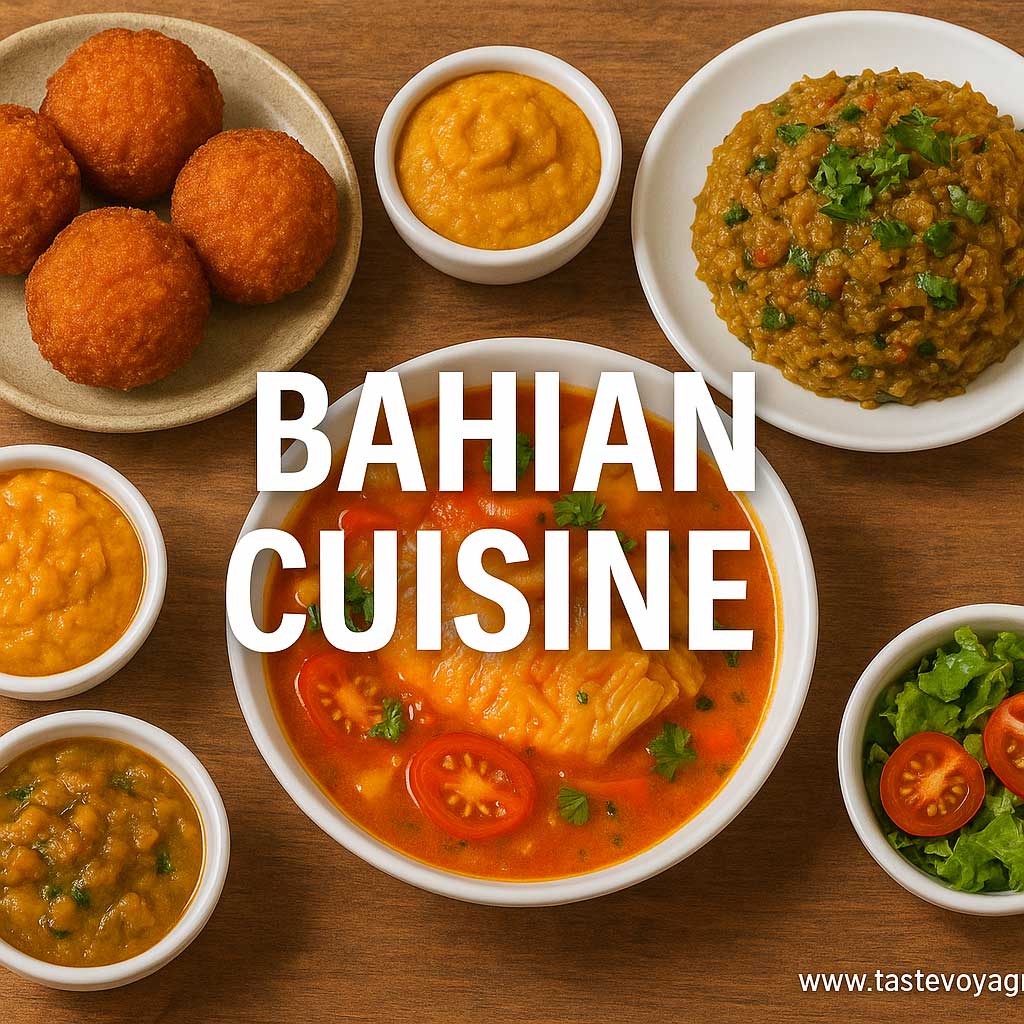Baba de Moça: The Sweet Bahian Coconut Dessert Delight
Travel the World Through Food >> Bahian Cuisine>>Brazilian Cuisine>> Baba de Moça: The Sweet Bahian Coconut Dessert Delight
Baba de Moça: The Sweet Bahian Coconut Dessert Delight
Discovering Baba de Moça: A Sweet Jewel of Bahian Cuisine
Baba de Moça is a beloved dessert that captures the vibrant spirit and rich culinary traditions of Bahia, a state renowned for its flavorful and diverse food culture. This luscious coconut treat has earned a special place in the hearts of locals and visitors alike, offering a taste of Bahia’s unique and inviting culinary heritage.
The Cultural Significance of Baba de Moça
This traditional Bahian dessert is more than just a sweet; it’s a cultural symbol that celebrates the region’s abundant coconut resources. Baba de Moça embodies the warmth and hospitality that Bahia is famous for, often shared during festive gatherings, family celebrations, and joyful moments. Its origins are deeply rooted in local customs, where coconut and sugar serve as foundational ingredients for countless treats that bring people together.
The name “Baba de Moça” itself evokes a sense of tenderness and affection. Translated, it means “Maiden’s Milk,” reflecting the dessert’s creamy texture and delicate flavor profile. Over generations, this dessert has become a staple in Bahian Cuisine, often prepared during holidays and Special Occasions, reinforcing its importance in local culinary traditions.
Culinary Significance and Flavor Profile
Baba de Moça stands out for its smooth, custard-like consistency and sweet, coconut-forward flavor. Its rich, fragrant aroma comes from the natural sweetness of coconut milk and the subtle caramel notes that develop from the sugar. The dessert’s texture is irresistibly creamy, making it a delightful experience with every spoonful.
This dish beautifully showcases the versatility and richness of Bahian ingredients. It exemplifies how simple elements—coconut, sugar, and sometimes eggs—can come together to create a dessert that is both comforting and extraordinary. Its popularity endures because it reflects the region’s love for bold yet balanced flavors, often enjoyed with fresh fruit or a sprinkle of grated coconut for added texture.
Baba de Moça’s Place in Bahian Food Culture
In Bahia, food is an expression of community, history, and identity. Baba de Moça plays a vital role in this cultural tapestry. It is frequently featured in local festivals, street fairs, and family celebrations, symbolizing joy and togetherness. The dessert’s accessibility and appealing taste make it a favorite among all age groups, fostering a sense of shared heritage.
Its presence extends beyond local festivities, finding a prominent spot in the menus of Bahian restaurants and pastry shops. Visitors seeking to experience the authentic flavors of Bahia often indulge in Baba de Moça as a delicious introduction to the region’s culinary artistry. Over time, it has also gained recognition outside Brazil, appreciated by those eager to explore traditional Latin American desserts.
An Invitation to Experience Bahian Sweetness
Baba de Moça is more than a dessert; it’s a celebration of Bahia’s rich cultural traditions and culinary ingenuity. Its delightful sweetness and cultural depth invite everyone to experience the warmth and vibrancy of Bahian food. Whether enjoyed during a festive occasion or as a simple pleasure, Baba de Moça remains a testament to the enduring charm of Brazilian culinary heritage.
As you explore Bahia’s vibrant food scene, make sure to indulge in this exquisite coconut delicacy. It’s a sweet journey into the heart of Bahia’s culinary soul—a true taste of its cultural essence.
